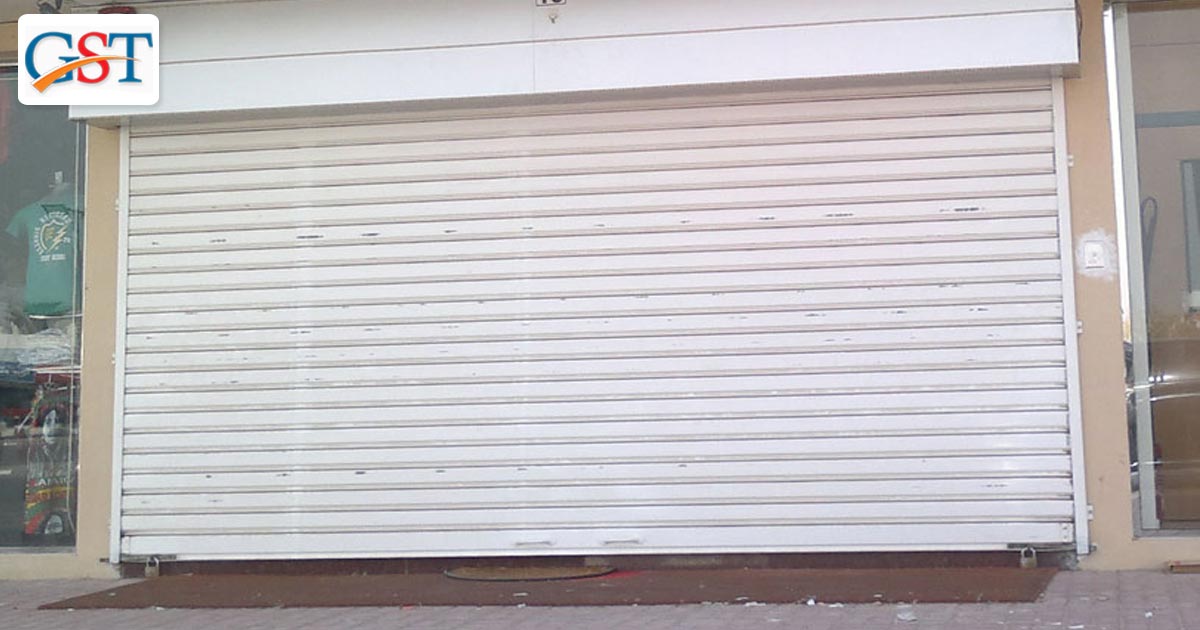While the cash-based unorganised retail industry was still recovering from last year’s demonetization effects, the implementation of the Goods and Services Tax (GST) has further increased its problems as most of the small grocers are preferring to directly purchase from GST compliant major wholesalers.
As the businesses in India are becoming GST-ready, more impacts are surfacing as the result. Walmart and Metro stores have reported an increase in the memberships of small grocers who are trying to shift away from non-GST compliant unorganised traders. A big number of small retailers are now preferring to buy their grocery essentials from major organised traders. The trend is expected to continue even further as GST unfolds over the time.
Sanjiv Mehta, Managing Director of Hindustan Unilever, in a meeting of investors last week, said, “There would be some level of channel reset in which we believe that organised wholesale will become stronger.” “And just speaking to Walmart the other day, the numbers of customers they have enrolled in the last couple of weeks have been much higher than what they have done in the past, which is a very clear indicator that organised wholesale will go up,” he added.
Read Also: Disadvantages of Transaction with Unregistered Dealer in GST
According to trade reports, the organised wholesale contribution to traditional trade is nearly 2.6% at present and is growing stronger than modern trade, but on a lower scale. Cash and carry operators in India, who sell products mainly to Kirana stores, catering and hotel firms, are also a part of this growth.
Krish Iyer, CEO at Walmart India is confident that GST will be beneficial for the firm in the long run. He said, “There will be a process of education, although we didn’t expect memberships and sales to surge so quickly. GST will definitely benefit us in the long term as smaller customers get habituated to buying from the organised channel.”
GST came as a major game changer for the manufacturers, retailers and traders in India who have been struggling to keep their prices and demands steady after the major shift in the tax system. Most companies tried to sell out their old stocks before GST implementation because of uncertainty over the rules and laws of the new tax regime.
Both the major wholesale chains, Walmart and Metro reported a dip in sales soon after the launch of GST in India, which was later surged due to growth in memberships. Arvind Mediratta, MD of Metro Cash and Carry India, said. “Increased customers, especially from smaller businesses, resulted in higher sales but smaller basket size on an average. We have set up GST kiosks at our stores to help traders file returns. We also expect several unorganised traders shutting shop due to non-compliance.”










